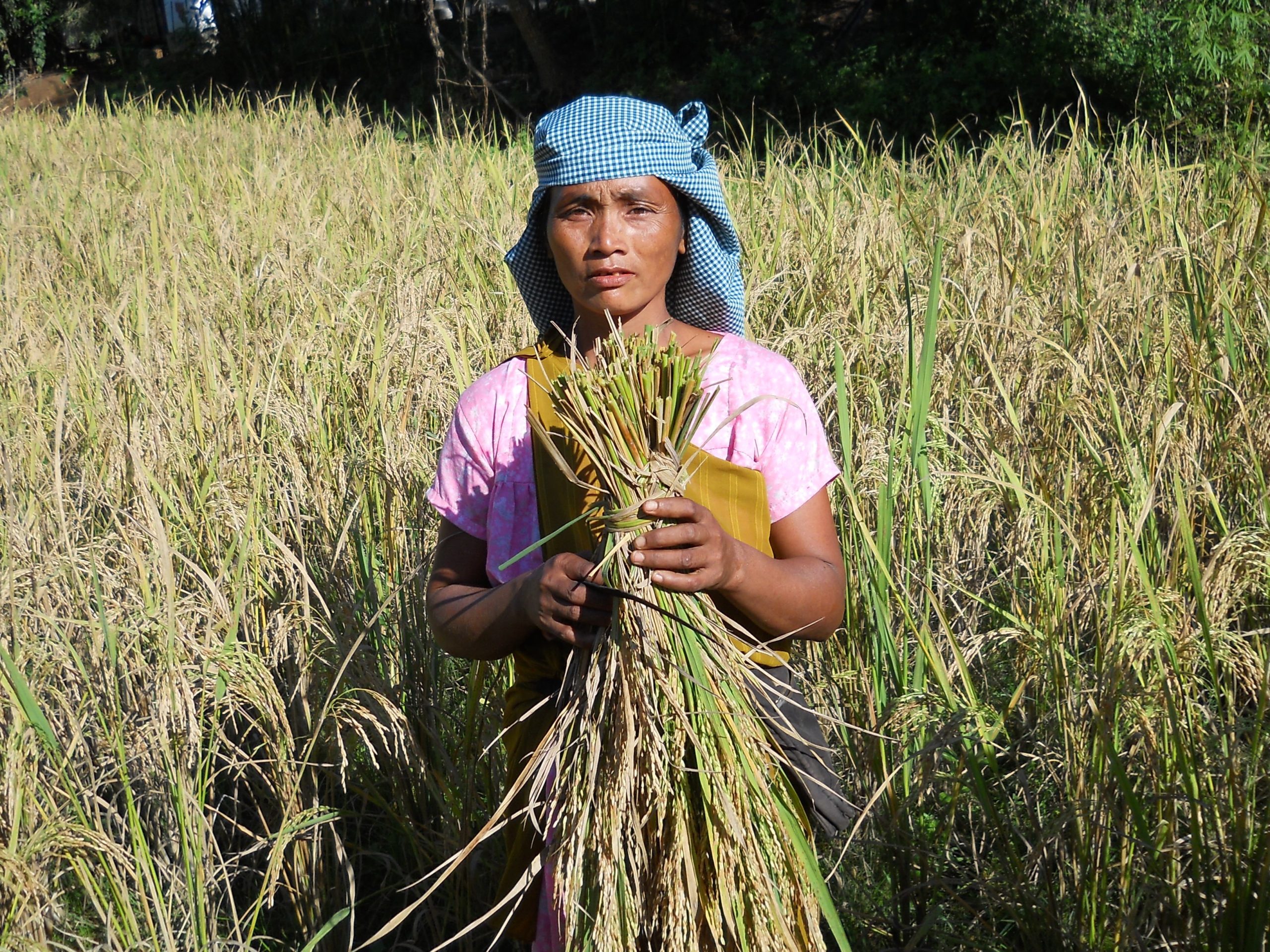Ri Bhoi District is one of the seven districts of Meghalaya in North East India. It is an agricultural area and majority of the people depend on agriculture for their livelihood. Jirang Block is one of the blocks in Ri Bhoi District where the inhabitants comprise of the Rabha, Khasi, and Garo tribes.
The practice of shifting cultivation in this village is devastating and far-reaching in terms of environment degradation. With the increase of population, the earlier practice of 10 to 15 years cycle of shifting cultivation on a particular land was reduced to 3 to 4 years. This resulted in large-scale deforestation and soil and nutrient loss.
Kitchen garden was never practiced by the families since they depend mostly on wild vegetables collected from the forest. However, gradually, due to deforestation, the wild vegetables have also started to disappear and this in turn has affected the food security and income of the families.
In 2009, NEICORD implemented the Food Security Project. The project works in 18 villages and serve the three communities living in this block–the Rabha, the Khasi and the Garo. The community were initially motivated and mobilized to form Producer Groups. The formation of Producer Groups has paved the way for the project to work closely with the people and to capacitate the people in different areas such as group management, leadership, new methods of cultivation such as System of Rice Intensification (SRI), Sloping Agriculture Land Technology (SALT) and kitchen garden.
The process of rapport building and capacity building of the farmers took one year. In 2010 the people were capacitated and realized that they need to change their way of thinking, way of practice, and to preserve and care for the natural resources. Gradually, the families started practicing kitchen garden for their consumption. In the upland, the people have given up the practice of shifting cultivation, and adopted the more permanent and sustainable method of SALT. In the lowland, the community started practicing the method of SRI instead of conventional methods. The changes in their methods of cultivation brought about a tremendous change in the community. Their yields have improved which resulted to improved food, nutrition and income.
The producer groups are functioning effectively. Farmers meet once a month to discuss issues related to farming, to exchange learning with members, and to share success stories of their practice. This change in practice helped the farmers to have food security in their family.





In 2015, NEICORD, with the support of the Government, established orchards where 500 acres of land has been developed for horticulture. In 2016, with the support of the Farmer Forum, the project could be further strengthened where the capacity of the farmers have been further built on improved method of farming and value chain.
In 2019, with the support of the government and the Asia-Pacific Farmers Program (APFP) the Producer Groups graduated into Farmer Producer Organization (FPO) and was registered under the cooperative Society. Since then, with the support of APFP and Farmers Organizations for Asia (FO4A) the capacity of the FPO has been further strengthened to take up collective marketing, value addition, and processing.
In 2023, the FPO was supported by the APFP-FO4A to implement their business plan. With this, the FPO carried out value addition to their crops and produced goods such as pineapple candies, pineapple bars, broom stick, etc. The project also linked the FPO with the market and 4P partnership as the FPO signed with companies for marketing of the farmers produce.
The community currently continues to harvest the crops which have planted. The farms and kitchen gardens are a source of pride as the community transformed them from the state of being a wasteland due to shifting cultivation and into productive fields and gardens. These farms are now a source of food and income for the families. It has also given them opportunity to educate their children. The FPO is a platform where the farmers work collectively towards the overall development of the farming communities. In addition, women and youth in the community are empowered and are actively taking leadership role in the FPO.
____
The Asia Pacific Farmers Program-Farmers Organizations for Asia is implemented by the Asian Farmers’ Association and La Via Campesina at the regional level. NEICORD is a national implementing agency of APFP-FO4A in India. APFP is funded by the International Fund for Agricultural Development (IFAD) and FO4A is co-financed by the European Union and IFAD.

Comments are closed